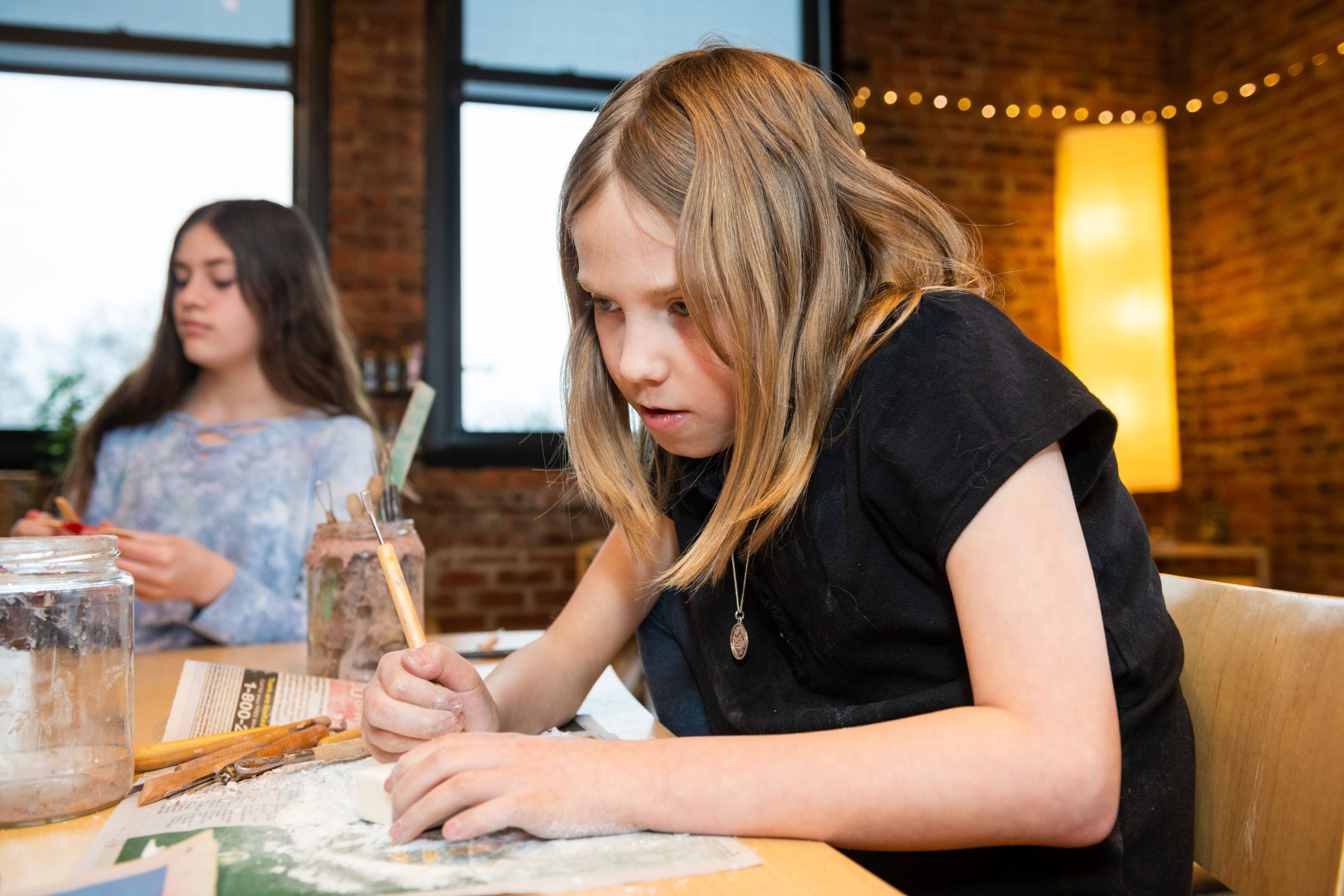
Once we understand that frustration is the feeling of learning, a deeper question emerges: How do we stay in the learning space without giving up?
The answer lies in building frustration tolerance — the capacity to endure the messy, painful space between not knowing and knowing. This endurance is at the heart of resilience.
Resilience: It Doesn’t Feel Resilient
We often think of resilience as a positive, even heroic quality. But as Dr. Becky explains, real resilience doesn’t feel good when you’re living it. It feels uncertain. It feels messy. It feels deeply uncomfortable.
Resilience is not about bouncing back easily or moving quickly through difficulty. It’s about remaining — staying engaged even when every instinct tells you to retreat.
In the learning space, resilience means resisting the urge to exit frustration. It means trusting that confusion and discomfort are signs of real, lasting growth.
Success Is About Staying Longer
People often assume that success belongs to those who get to mastery as fast as possible. But real success belongs to those who can stay in the discomfort longer.
The more time a person can tolerate frustration without quitting, the more they strengthen the emotional muscles needed for long-term success — in academics, work, relationships, and life.
Frustration, then, becomes not just something to survive but something to value. It is a marker that you are growing, stretching, and becoming something new.
Final Thoughts: Redefining Success
Imagine learning environments where frustration is recognized as a milestone, where students are taught:
-
Struggle is a natural part of growth.
-
Frustration means you’re doing important work.
-
Endurance through difficulty leads to genuine mastery.
When we teach students to embrace the learning space — and to trust themselves to remain in it — we foster not just better learners, but more resilient, confident people.
True learning is not about speed. It’s about the courage to stay in the mess long enough to transform.
Advice for Parents and Educators:
Building Resilience Through Frustration
-
Coach Endurance: Instead of trying to fix frustration, guide students to sit with it. Encourage statements like, “It’s hard right now, but that’s what learning feels like.”
-
Stretch the Struggle: Create opportunities for students to struggle safely — tasks that are challenging but achievable with effort.
-
Praise Struggle: Celebrate the effort to stay with a hard task, even if success hasn’t yet come. This shifts focus from outcome to perseverance.
-
Model Staying Power: Let students see you handle your own frustrations with patience. They will learn as much from your endurance as from their own.
-
Use “Yet” Language: Encourage students to say, “I don’t understand this yet,” instead of “I can’t do this.” “Yet” keeps the door open for growth.
Attribution: Insights referenced from a lecture by Dr. Becky Kennedy, clinical psychologist, author of Good Inside, and founder of the parenting platform Good Inside. Portions of this reflection are inspired by her talk at Duke University.